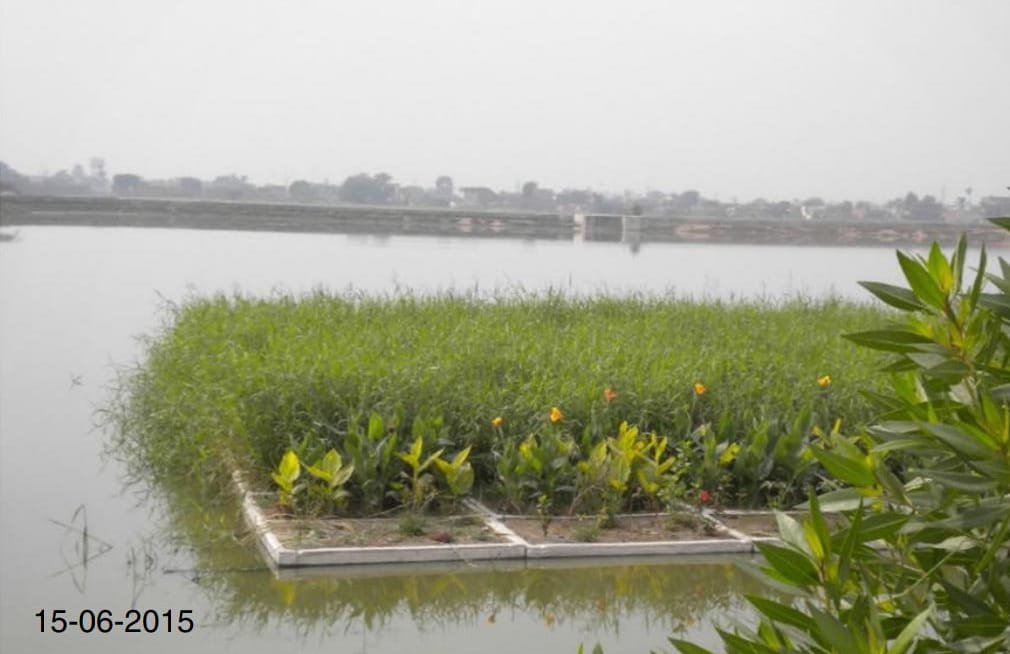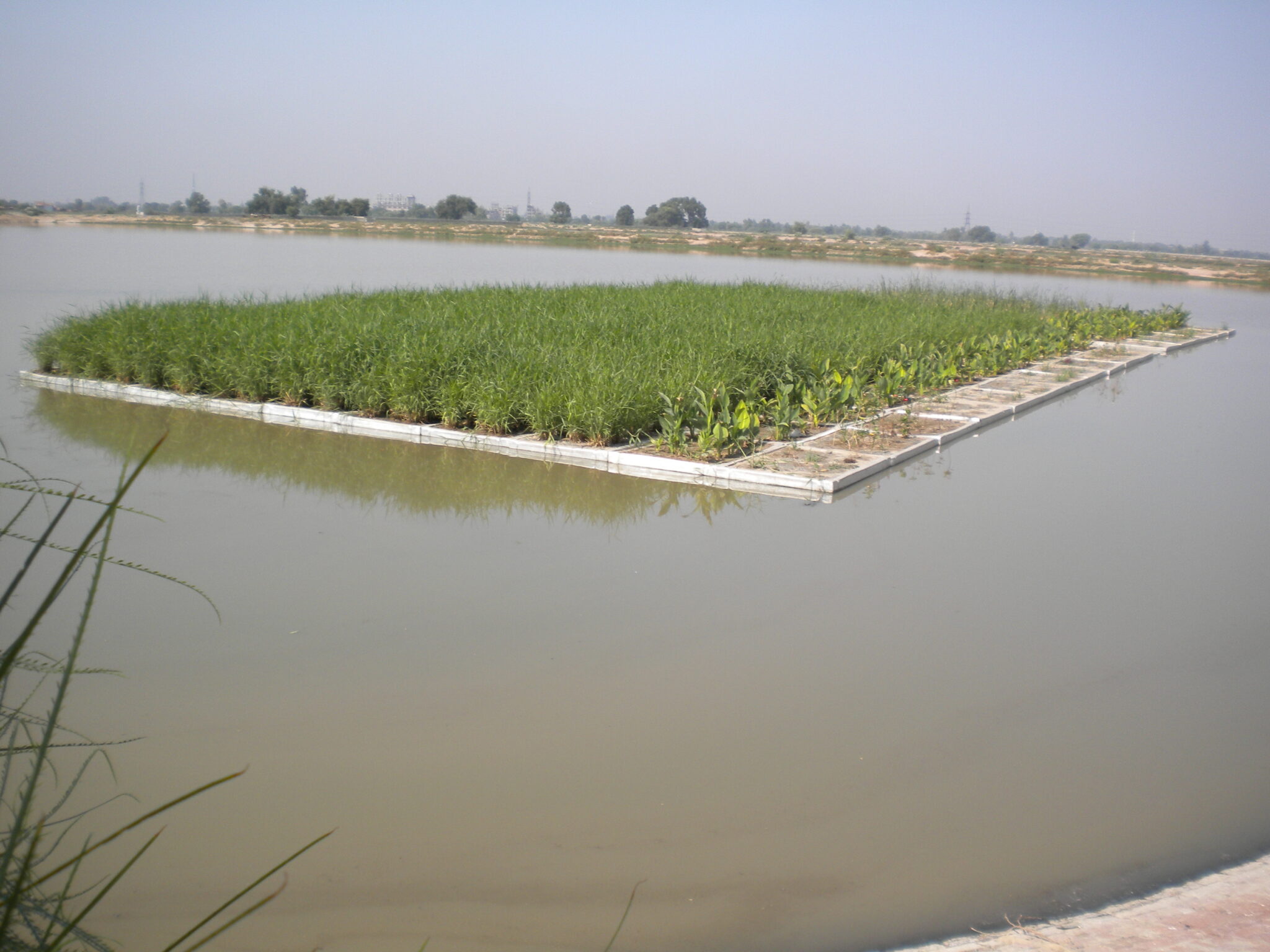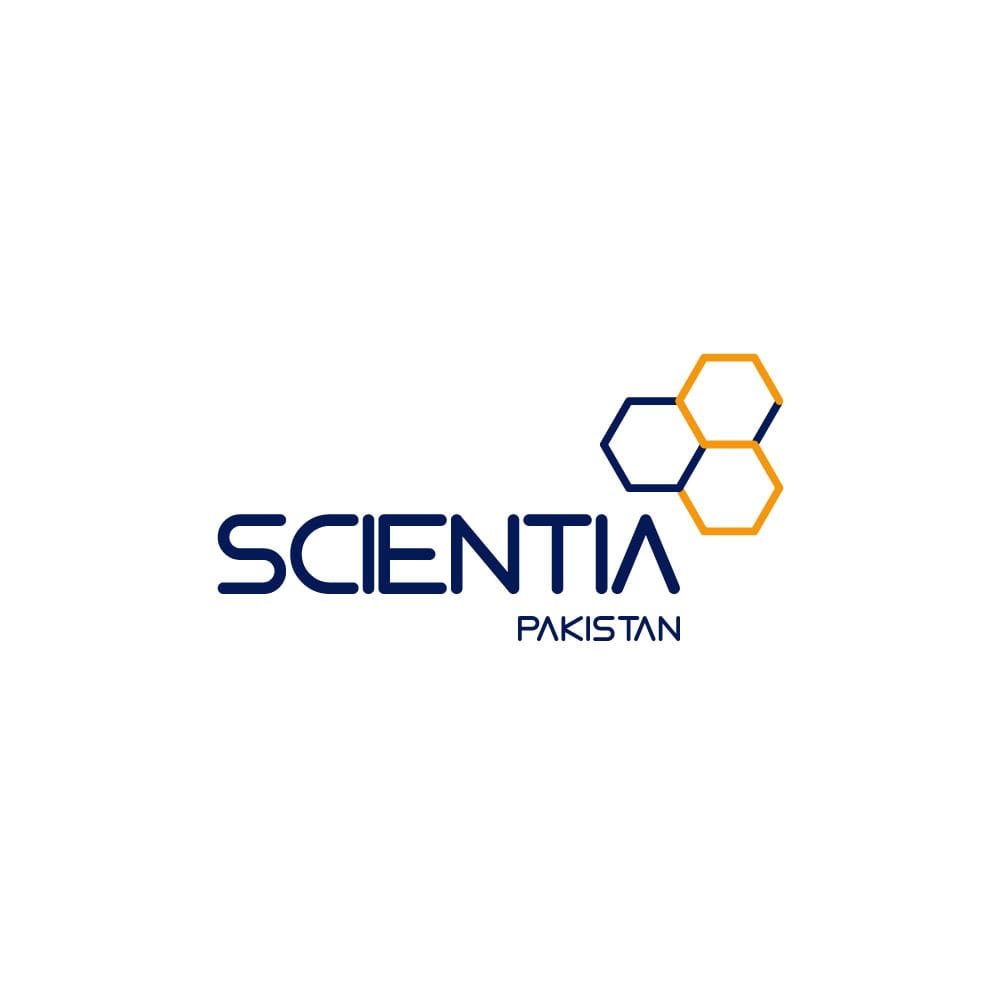Dr. Mohammad Afzal from Pakistan has been nominated as a finalist for the Nature Research Awards 2021 for Driving Global Impact on his groundbreaking research on Floating Wetland Treatment (FTWs), which is 500 times less expensive than the mat available in the international market.
Muhammad Afzal is working as a principal scientist at National Institute for Biotechnology and Genetic Engineering, Pakistan. He leads the Wastewater Treatment and Phytoremediation Group and heads the Environmental Monitoring Laboratory. He has extensive research experience in devising low-cost, self-sustaining, and environment-friendly technologies to remediation of polluted soil and wastewater and pioneered the introduction of “Floating Treatment Wetlands” technology in Pakistan at a field scale the treatment of sewage and industrial wastewater.

Indigenous wetland plants were selected to develop floating treatment wetlands (FTWs) and a buoyant mat locally designed and fabricated, which was 500 times less expensive than the mat available in the international market. Several national and international research grants support the development of this technology for Pakistani communities. The Pakistan Academy of Sciences recently awarded Muhammad a Gold Medal.
Clean water scarcity in Pakistan
According to a recent research report by the Pakistan Council of Research in Water Resources, clean drinking water is expected to be extinct in Pakistan by 2025. Due to the shortage of clean water, 90% of farmers across the country irrigate their crops with the sewage water. Sewage water is rich in nutrients, which requires less fertilizer for farmers. This water contains several heavy metals such as iron, nickel, chromium particles, human waste, and hydrocarbon components found in growing fruits and vegetables, especially green leafy vegetables, including the kidneys and liver. They are causing joint pain, cancer, reproductive system disorders, and neurological diseases.
A team of researchers from the Institute of Biotechnology and Genetic Engineering in Faisalabad, led by Dr. Muhammad Afzal, has solved this problem in the form of floating treatment wetlands or floating swamps with the help of Dr. Muhammad of the same institute. Arslan, and Helmholtz Center for Environmental Research by Dr. Joshan N. Miller, a scientist from Germany.
What are Floating Treatment Wetlands?
The Floating Wetlands are made up of micro fits or micro-organisms that are microscopic organisms and China. (Chains) or live in groups. These floating wetlands are also called floating mats.
The interior of these wetlands, which are filled with plants like a mattress, have polyethylene insulation rolls with aluminum frames on the edges. These rolls are perforated and planted with narcissus, lily, color grass, and other native plants that have a natural ability to purify contaminated water.
Also, Read: Pakistan’s Team Foxtrot bags awards at IMechE UAS Challenge


